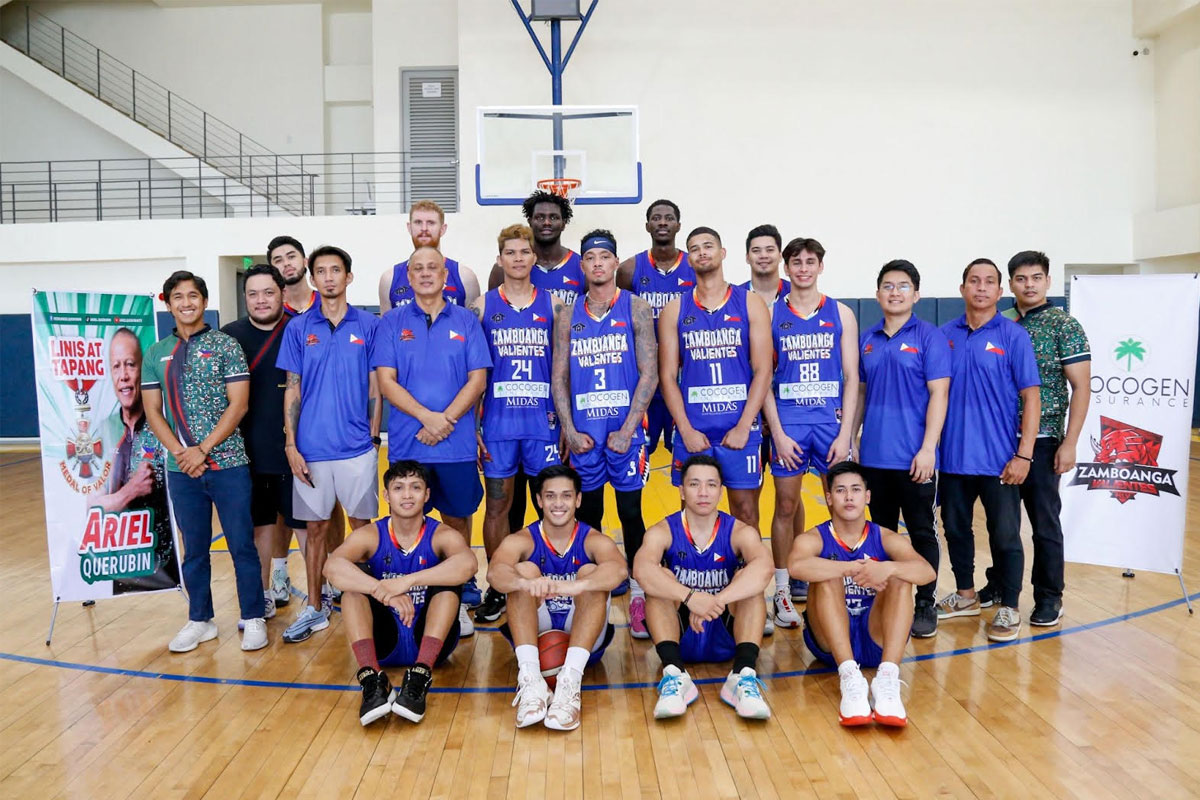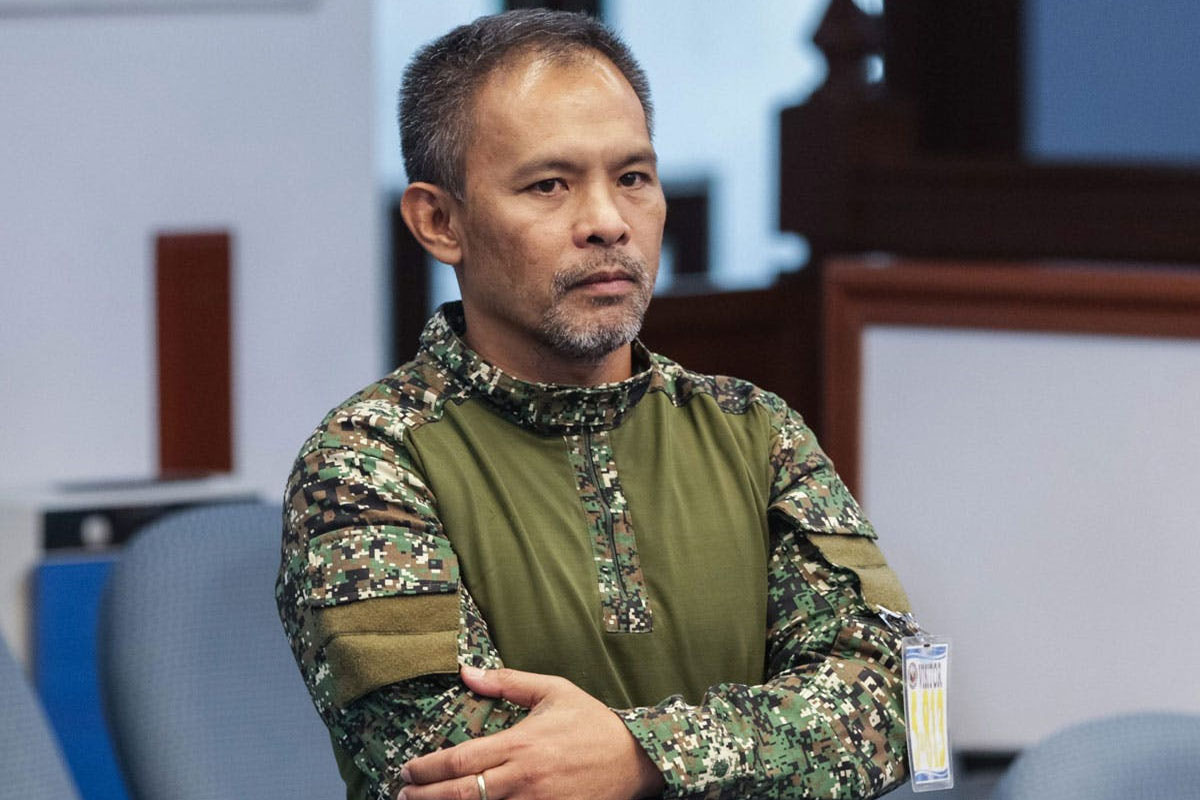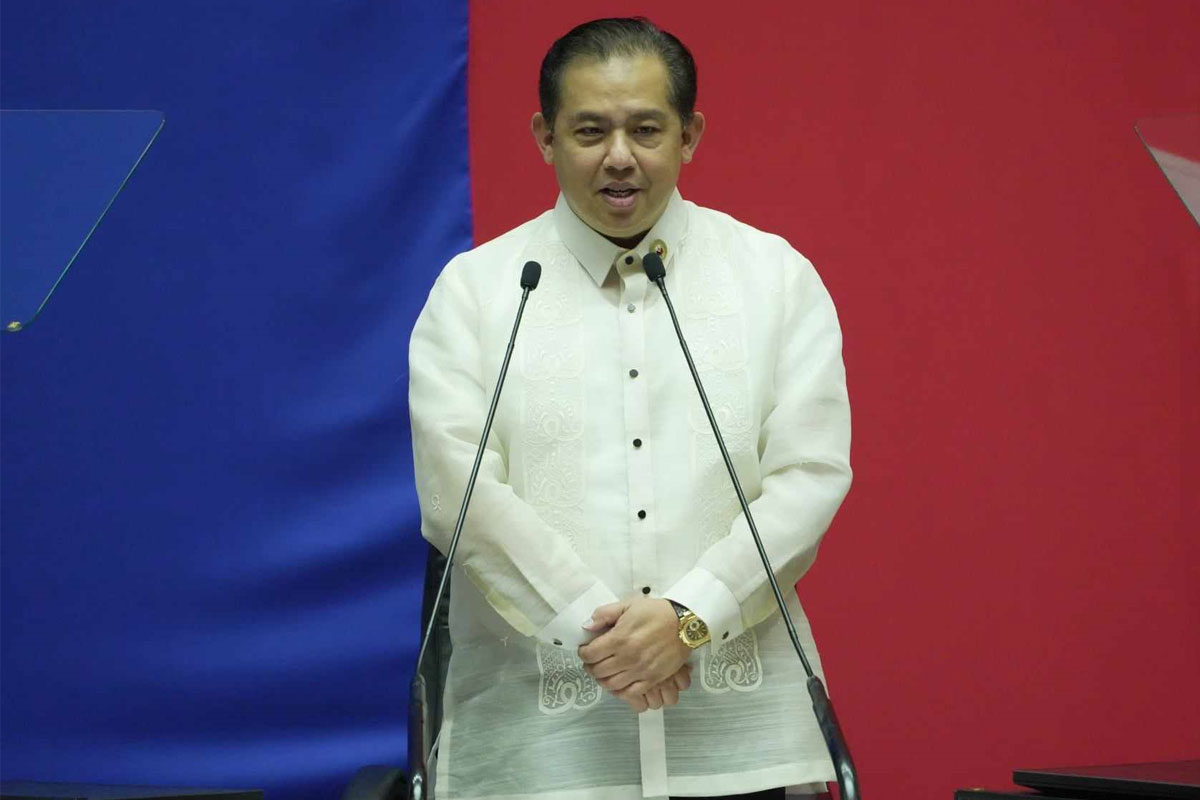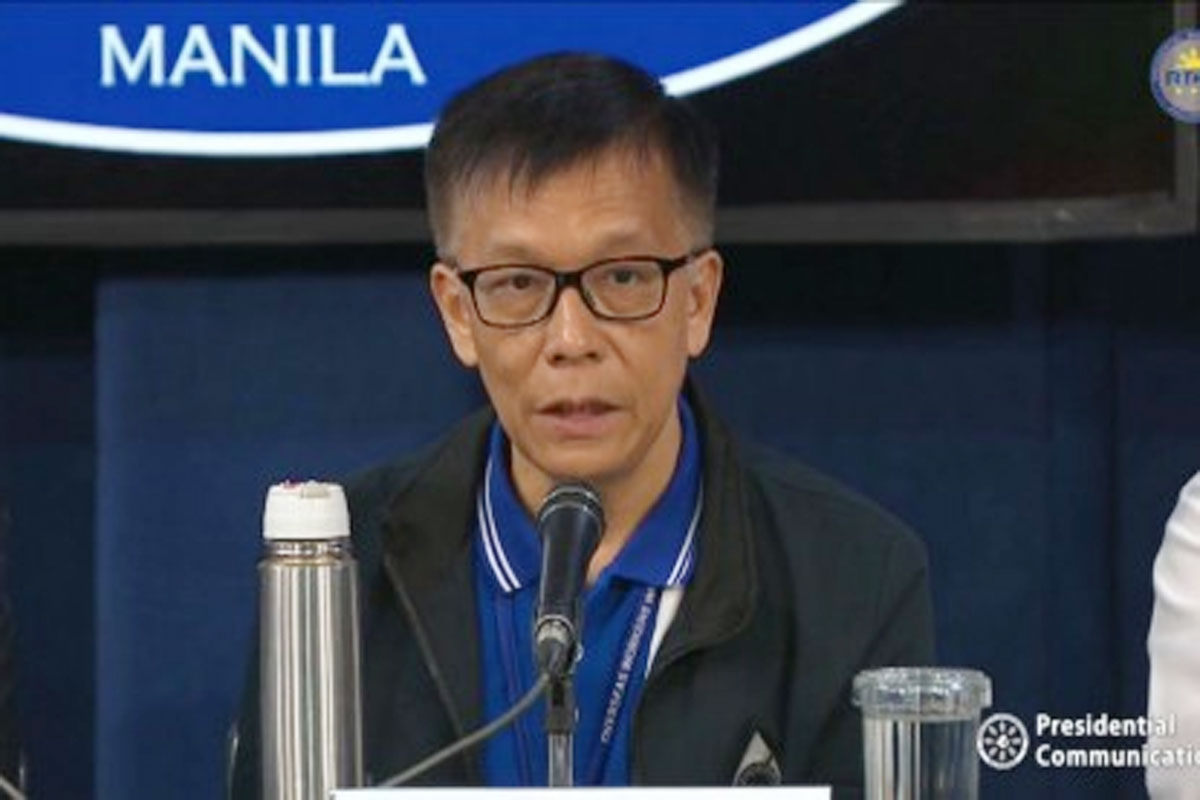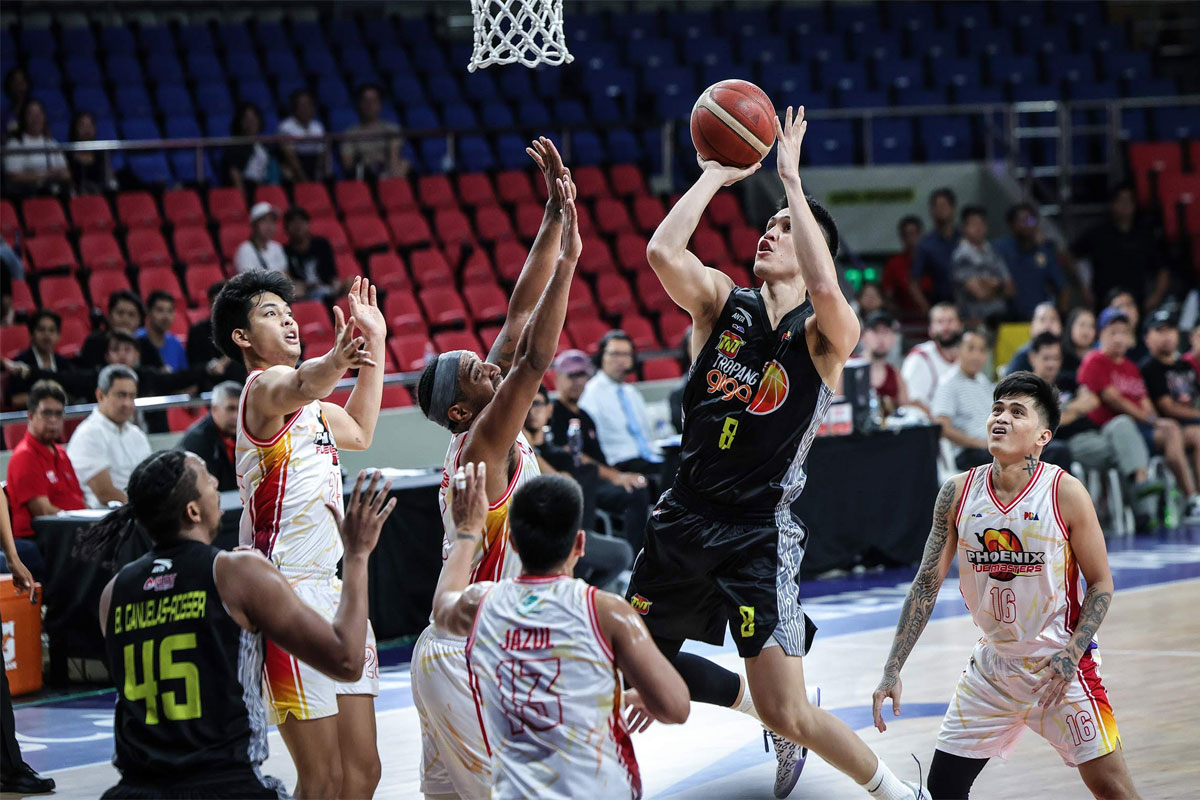
How can the gov’t put an end to casino/POGO-related KFRs in PH?
(Conclusion)
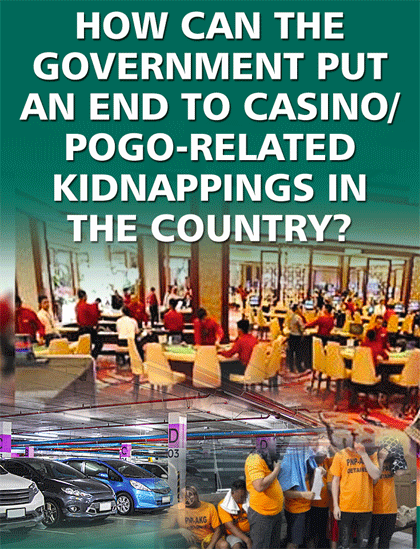 A ‘whole-of-government approach’ and full support and cooperation from concerned foreign embassies is what the country needs to effectively put a stop to cases of casino/POGO- (Philippine Offshore Gaming Operators)-related kidnapping-for-ransom (KFR) cases, mostly in Metro Manila which is giving us a bad image abroad, officials told the Journal Group.
A ‘whole-of-government approach’ and full support and cooperation from concerned foreign embassies is what the country needs to effectively put a stop to cases of casino/POGO- (Philippine Offshore Gaming Operators)-related kidnapping-for-ransom (KFR) cases, mostly in Metro Manila which is giving us a bad image abroad, officials told the Journal Group.
These include solid partnership from the Philippine National Police (PNP) headed by General Guillermo Lorenzo T. Eleazar and the PNP Anti-Kidnapping Group (PNP-AKG) and various government agencies such as the Philippine Amusement and Gaming Corporation (Pagcor), Bureau of Immigration, Airport Police, Department of Justice, Department of Labor and Employment, Anti-Money Laundering Council, Local Government Units and the Department of Foreign Affairs.
Add to them the involvement of private sectors such as the Federation of Chinese Chamber of Commerce and Industry Inc. , security heads of casino establishments and foreign embassies and consulates and their police attachés.
PNP-AKG director, Colonel Rudolph B. Dimas said new approaches and procedures are needed to address incidents of Chinese nationals and other Asian nationals being kidnapped for ransom by syndicates preying on casino players and POGO workers in the country specifically in the southern part of Metro Manila.
Since 2017, the PNP has been saddled by the problem of casino debt-related kidnappings and have been working hard to combat these crimes.
Over the past four years, nearly 200 foreigners, mostly Chinese, have been arrested by the PNP for involvement in casino or POGO-related kidnapping cases in the country. The other Asian nationals arrested include Koreans and Malaysians.
Nearly 100 victims were also rescued during the period, majority of them Chinese nationals, many of them abducted near the airport or within the vicinity of hotels and casinos by Chinese gangsters aided by their Filipino cohorts
The PNP-AKG attributed these to the rise in the number of hotel and casino leisure facilities in the Philippines, which eventually attracted many foreigners to the country.
Officials said the phenomenon has attracted the attention of foreign syndicates involved in loan sharking activities inside casinos and their premises, thus the rise in the number of kidnappings related to gambling debt from 2017 to date.
In many cases, casino junket operators, mostly Chinese nationals through their agents, would also look for their compatriots who want to go to Manila. Once they arrive in the country, the victims are enticed to play in casinos and are offered loans once they start losing.
Unknown to the victims, they will be forced to pay staggering interest rates for their debts and once they fail to do so, they will be abducted and tortured. The ‘torture videos’ are then forwarded by the kidnappers to their families abroad in order to force them to pay ransom thru ‘WeChat Pay’ based in China.
The same modus operandi is also being used by syndicates in abducting POGO workers in case they decide to leave their companies and return to their motherland. In many cases, the poor POGO workers who have been stripped of their passports are held against their will while their abductors negotiate the payment of their ransom abroad.
This has prompted theJoint Technical Working Group on PNP P.AT.R.O.L. Plan 2030 and PNP-AKG Advisory Group resolution to recommend measures to put a stop to KFR incidents taking place mostly in the vicinities of high-end hotels and other establishments operating casinos and POGO companies.
Apart from the measures discussed in Thursday’s Mamang Pulis issue, here are the other recommendations:
# create a provision providing the AKG database of all POGOs based in the Philippines to include their employees in the attainment of security protocol and access to information;
# craft policies/laws pertaining to uncooperative victims of kidnapping and other related laws who are desisting to file complaints to be penalized, deported back to his country at the instance of their own Embassy, to be blacklisted/considered as undesirable aliens (cancellation of visa) and not to be allowed to return to the country;
# harsher penalties shall be imposed on the victim who fails to prosecute suspects due to the execution of affidavits of desistance or recantation even if the case was dismissed due to their affidavits;
# Bureau of Immigration to be part of the deportation initiative proceedings for possible blacklisting of undesirable aliens in the country who are involved in POGO and casino-related kidnappings;
# amend automatic Visa Upon Arrival Policy of the government;
# craft policies/laws to forbid lending to casino players;
# crafting of law allowing the PNP-AKG real-time access to CCTVs in hotels;
# create laws to provide access to the PNP-AKG on offshore accounts involved in kidnapping and other related offenses;
# PNP-AKG personnel be given easy access inside the Ninoy Aquino International Airport during police operations;
#PNP-AKG be given easy access inside Philippine casinos;
# PAGCOR be given authority to penalize repeat offenders in kidnapping and other illegal activities;
# respective Embassies of the foreign victims to initiate action (civil, criminal or administrative) when he returns back to his country;
# revision of Article 267 of the Revised Penal Code to amend and include the hoax/feigned kidnapping as part of Article 267 as element of the crime committed;
# crafting of the Mandatory SIM (Subscribers Identification Module ) Card Registration Act;
# enactment of a law allowing consensual recordings in certain offenses, among them kidnapping-for-ransom and
# if there is a criminal case being filed against the accused, the PNP-AKG must file an administrative complaint versus the suspect before the Bureau of Immigration and declare him as an undesirable alien, citing the case of kidnapping-for-ransom being filed against the accused vis-à-vis his violation of the country’s immigration laws.



